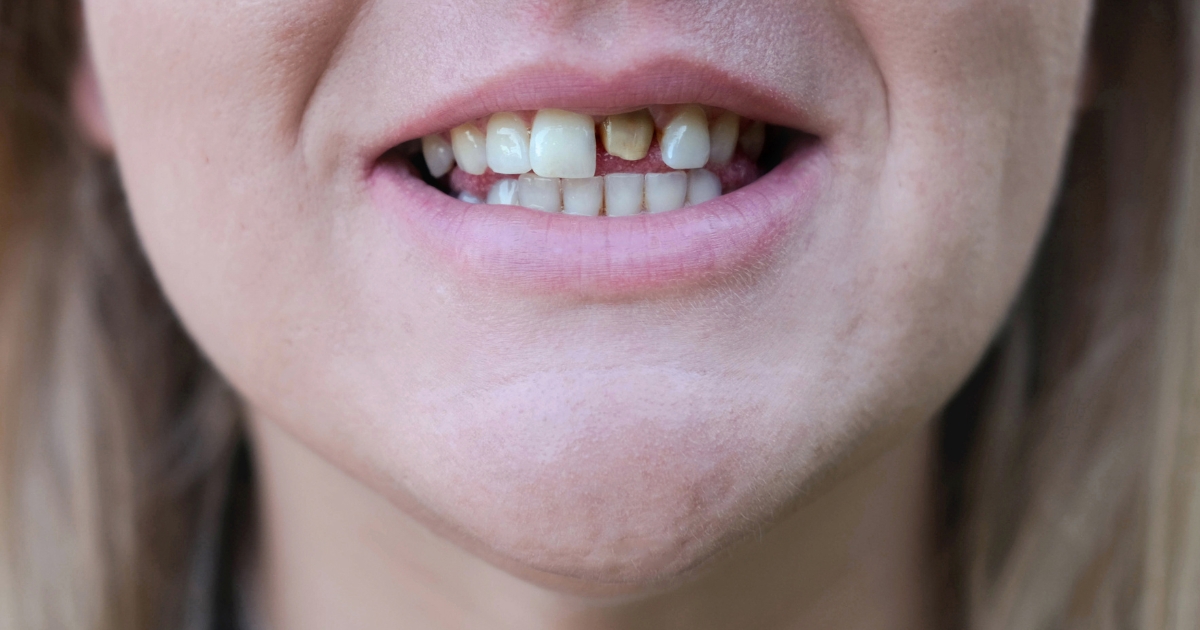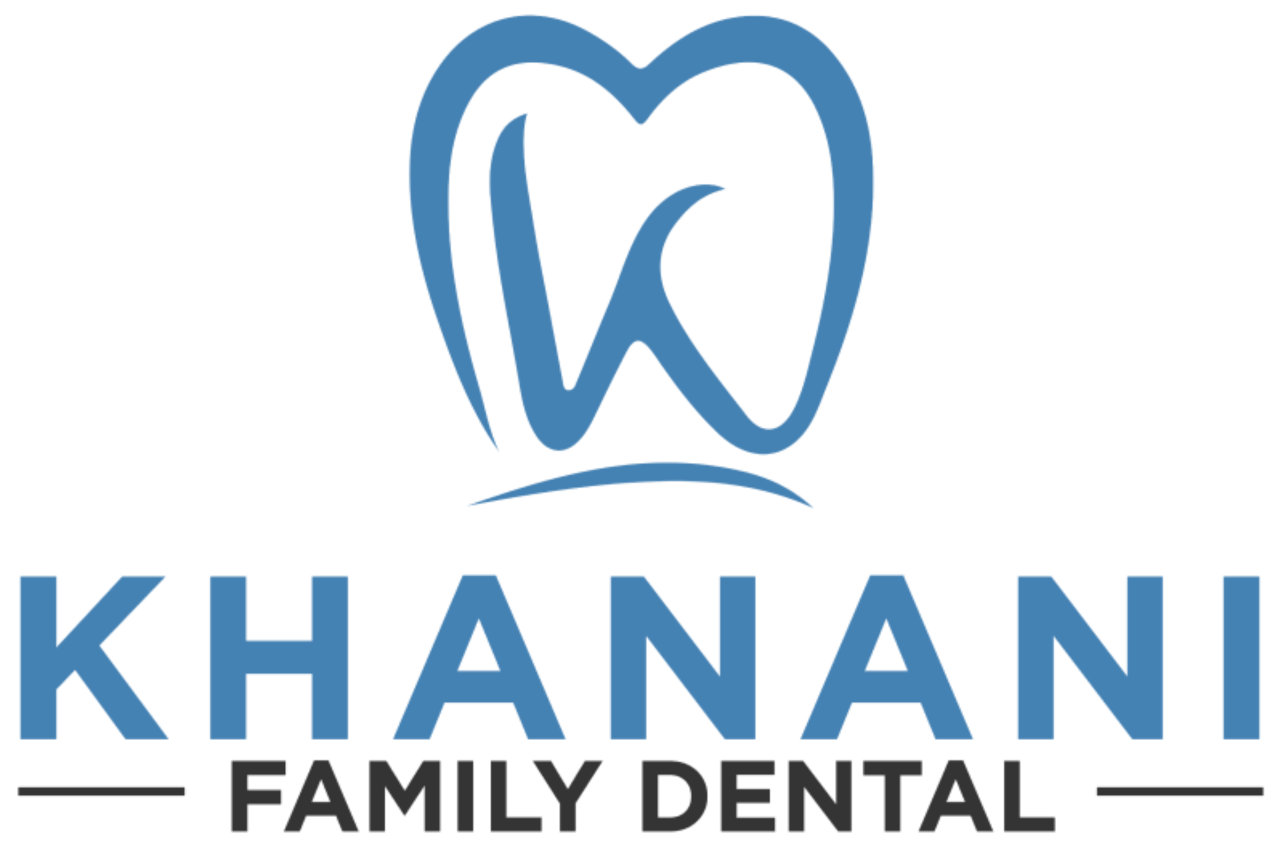We are Not A MassHealth Provider
Preventing Tooth Decay in Adults: A Comprehensive Guide

Tooth decay doesn’t just affect kids. Adults, too, can fall victim to this common dental issue, often without realizing its impact on their health. The good news? Preventing tooth decay is within your grasp! With the right strategies, you can keep your smile bright and healthy. Let’s dive into a comprehensive guide that will empower you to take charge of your dental well-being.
What is Tooth Decay?
Before we discuss prevention techniques, it’s essential to understand tooth decay. It occurs when the enamel—the hard outer layer of teeth—wears away due to acids produced by bacteria in the mouth. Plaque buildup, often fueled by sugary and starchy foods, causes these acids. If left unchecked, tooth decay can lead to cavities, infections, and loss.
Effective Strategies for Preventing Tooth Decay
1. Maintain Good Oral Hygiene
Establishing a solid oral hygiene routine is your first defense against tooth decay. Here’s how:
- Brush Twice Daily: Use fluoride toothpaste and brush for at least two minutes each time.
- Floss Daily: Flossing removes food particles and plaque between your teeth, areas your toothbrush might miss.
- Use Mouthwash: An antibacterial mouthwash can help reduce plaque and strengthen enamel.
2. Watch Your Diet
Your diet plays a crucial role in your dental health. Consider these tips:
- Limit Sugary Foods: Reduce consumption of candies, pastries, and soda. These foods can lead to acid production in your mouth.
- Choose Nutrient-Rich Foods: Choose fruits, vegetables, whole grains, and lean proteins. Foods rich in calcium and phosphorus are particularly beneficial for teeth.
- Stay Hydrated: Drink plenty of water, especially after meals. This helps wash away food particles and keeps your mouth moist.
3. Regular Dental Checkups
Visiting your dentist regularly is vital for maintaining good oral health. Here’s what to keep in mind:
- Routine Cleanings: Professional dental cleanings help remove plaque and tartar that regular brushing may miss.
- Early Detection: Regular checkups allow your dentist to spot potential issues before they escalate into serious problems.
- Personalized Advice: Your dentist can provide tailored tips for your unique dental needs.
4. Consider Dental Implants
Dental implants are a preventive measure worth considering. A lost tooth causes surrounding teeth to shift, which can lead to severe tooth decay and tooth loss. Opting for an implant prevents such conditions from arising and can protect teeth from decay. The best part? Implants pose no threat of cavities and decay.
5. Periodontal Therapy
Compromised gum health/periodontitis can lead to tooth loss. So don’t delay periodontal therapy if you’re struggling with gum diseases. Talk to your dentist about professional gum disease treatment, especially if you’re at a higher risk for cavities.
6. Quit Smoking
Smoking can significantly increase your risk of tooth decay and gum disease. Quitting not only improves your dental health but also benefits your overall health. Seek support if you need help kicking the habit.
Preventing tooth decay in adults isn’t just about keeping your smile bright and maintaining your overall health. Good oral hygiene is an amalgamation of being mindful of your diet, visiting your dentist regularly, and considering preventive dental treatments. Your mouth deserves the best care, and taking these proactive steps will lead to healthier teeth and gums for years to come. Make dental health a priority—your future self will thank you!
FAQs
While early stages of tooth decay can sometimes be reversed with good oral hygiene and fluoride treatments, cavities that have formed cannot be reversed. They require professional treatment.
Most adults should see their dentist every six months for routine cleanings and checkups. However, your dentist may recommend more frequent visits based on your dental health needs.
Common signs of tooth decay include tooth sensitivity, visible holes or pits in your teeth, discoloration, and persistent toothaches. If you notice any of these, contact your dentist promptly.
Yes, some medications can cause dry mouth, which increases the risk of tooth decay. If you’re taking medication that affects saliva production, talk to your doctor about managing this side effect.
While maintaining good oral hygiene is crucial, some home remedies, like using baking soda or coconut oil, may help. However, these should not replace regular dental care. Always consult your dentist before trying new remedies.

